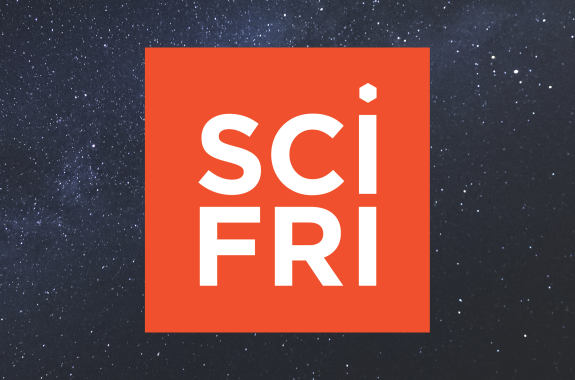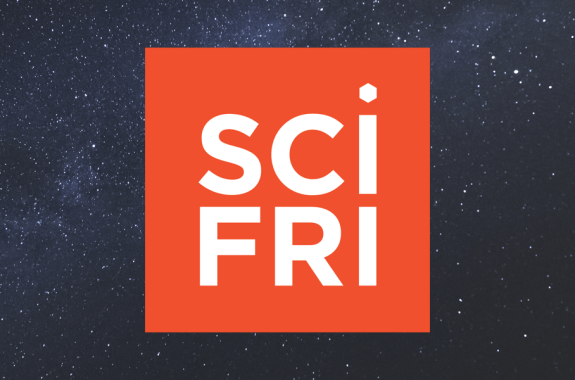February 7, 2025
Some research shows that e-cigarettes can be a useful tool for quitting cigarettes, but that strategy is hotly contested by scientists. Plus, an investigative journalist outlines how fraud and misconduct have stalled the search for effective Alzheimer’s treatments in a new book. And, why snow has that crisp, clean smell.
January 31, 2025
When a fire burns in an urban area, it unleashes a slurry of chemicals. Scientists are trying to untangle the chemistry at play. Plus, early analysis of asteroid samples from NASA’s OSIRIS-REx mission shows the residue of an icy brine and a soup of amino acids. And, on the heels of some big quantum computing advances last year, what’s next in 2025?
January 24, 2025
The author of “How To Winter” explains what we can learn from people thriving in the coldest, darkest parts of the world. Plus, research on long COVID patients who took an extended course of Paxlovid shows mixed results. And, AI models are able to design molecules that don’t even exist in nature. Some have proven effective as snake antivenom.
January 17, 2025
The novel “Orbital” explores the inner lives of astronauts during a single day aboard the International Space Station. Plus, new data on cervical cancer deaths point to the success of the HPV vaccine. And, astronomer Dean Regas gives us the lowdown on what to look for in the sky this winter, from a “planet parade” to the ATLAS comet.
January 10, 2025
Science Friday now has two hosts: Meet Flora Lichtman! Plus, in his final advisory, Surgeon General Dr. Vivek Murthy spotlights how alcohol increases the risk of developing certain cancers. And, scientists investigated how the shape of the human body makes hula hooping possible.
January 3, 2025
A “mirror organism” would have proteins and DNA shaped like the mirror image of how they naturally appear. Scientists are calling for a halt to mirror life research. Plus, this winter marks 125 years of Audubon’s Christmas Bird Count, the world’s longest-running community science project. And, we discuss the breakthrough technologies to watch in 2025.
December 27, 2024
We’re taking time to reflect on all that 2024 brought us in the world of science, from the total solar eclipse in April to the demise of the Ingenuity helicopter on Mars and the rise of the blockbuster GLP-1 weight-loss medications.
December 20, 2024
The science advisor for “Interstellar” discusses the film’s impact, and how new information about gravitational waves could have changed it. Plus, NASA’s Parker Solar Probe will break its own record for closest approach to the sun—just 3.8 million miles away. And, with drone sightings in the news, we take a look at the current laws and regulations around hobby and commercial drone operation.
December 13, 2024
“The Burning Earth” examines over 800 years of history to demonstrate how violence against people and the planet are one and the same. Plus, a program trains women as tactile medical examiners to identify tumors before they show up on imaging scans. And, scientists studied the sitting habits of more than 1,000 adults to zero in on the link between time spent sitting and specific health outcomes.
December 6, 2024
You asked for science book recommendations for the kids in your life. Two bookworm experts respond—and share their own favorites. Plus, new research suggests that we share parts of our microbiome with people in our social networks beyond family members. And, a medical toxicologist discusses the most common household risks to kids during the holiday season.

